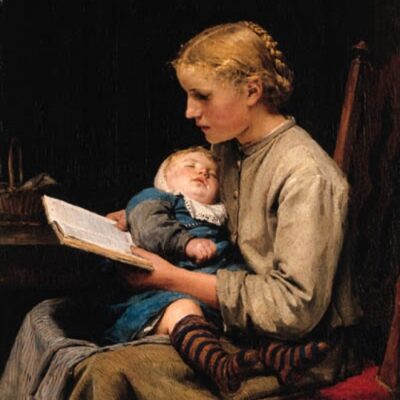The Night Watchman by Louise Erdich
In the Afterword and Acknowledgments to The Night Watchman, Ms. Erdich states that “if you should ever doubt that a series of dry words in a government document can shatter spirits and demolish lives, let this book erase that doubt. Conversely, if you should be of the conviction that we are powerless to change those dry words, let this book give you heart.”
On August 1, 1953, the United States Congress announced House Concurrent Resolution 108 to revoke nation-to-nation treaties, which had been made with American Indian Nations for “as long as the grass grows and the rivers flow.” The announcement called for the eventual termination of five tribes, including the Turtle Mountain Band of Chippewa in North Dakota. The resolution was one of a series of measures that would deny Native American tribes federally funded benefits previously promised (e.g., medical care, schools, and food). More importantly, it made tribes vulnerable to loss of their land, which was usually the purpose of such laws. In the case of the Turtle Mountain Band, it would mean, ultimately, forcing reservation residents to relocate to “the cities,” a place where sustaining traditional life would be impossible and living conditions were often appalling.
The title of this amazing novel refers to Louise Erdich’s grandfather Patrick Gourneau, who fought against House Concurrent Resolution 108 as Turtle Mountain tribal chairman while also working as a night watchman at the Turtle Mountain Jewel Bearing Plant. Thomas Wazhashk is the fictional representation of Mr. Gourneau. One lead element of the story follows his route, from awareness of the resolution, to seeking advice from more knowledgeable tribal members, to organizing resistance, to recruiting expertise, and to appearing before the Senate committee that was considering it. The other lead element focuses on tribal member and factory worker Patrice (Pixie) Paranteau’s struggles to save her family. At nineteen, Pixie desperately needs to keep her job, but it’s always in jeopardy as she lacks any sort of union protection and must rely on others for transportation to and from work. Thomas’ battle to save his community and Patrice’s to save her family move the suspenseful plot forward.
To save the little bit of land his tribe now lives on, Thomas must write hundreds of letters to those in the government who might listen and attend meetings in which the resolution will be discussed. In the scene from which this quote is taken, he has asked his father for advice before he and his fellow tribe members attend a meeting in Fargo. His father responds:
Make the Washington D.C.s understand. We just started getting on our feet. Getting so we have some coins to jingle. Making farms. Becoming famous in school like you. All that will suffer. It will be wiped out. And the sick people, where will they go? They sent us their tuberculosis. It is taking us down. We don’t have money to go to their hospitals. It was their promise to exchange these things for our land. Long as the grass grows and the rivers flow.”
“I still see grass. I hear the rivers are running.”
“And they are still using the land,” said Biboon.
“Still using the hell out of it,” said Thomas. “But trying to pretend they didn’t sign a contract to pay the rent.”
The tea was cool enough to drink. The bitterness was comforting. [Kindle Version, p.106]

















Oh this sounds like a great book! How do you hear about these books??
The Night Watchman was reviewed in the New York Times Sunday Book Review March 3, 2020. I’m trying to read everything written by Louise Erdich because I think she’s an amazing writer. The two books I have read and highly recommend, along with The Night Watchman, are LaRose and The Birchbark House which is for readers nine years and older.
Also, check out the author’s reading and discussion of The Night Watchman on YouTube.